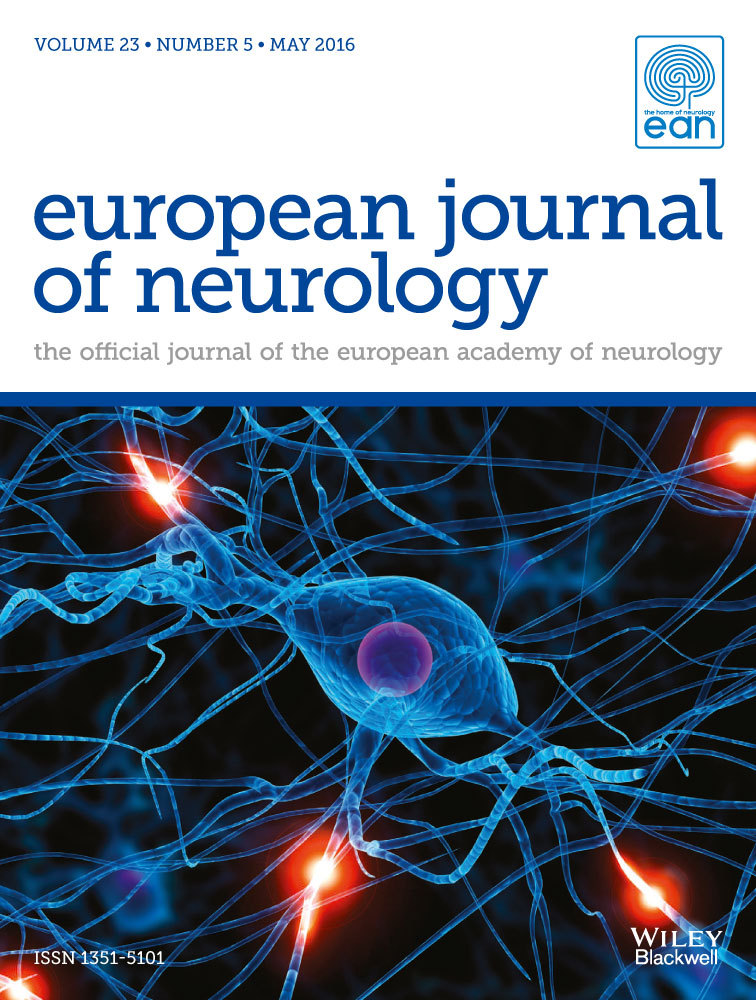Evaluation of a mobile team dedicated to behavioural disorders as recommended by the Alzheimer Cooperative Valuation in Europe joint action: observational cohort study
Abstract
Background and purpose
Preventing behavioural crises appears to be crucial to promote quality of life of the patient−caregiver dyad, to reduce inappropriate hospitalizations and to delay institutionalization. The Alzheimer Cooperative Valuation in Europe promotes mobile care to prevent patients from severe behavioural and psychological symptoms in dementia. This study assessed the potential efficacy of a mobile team for Alzheimer's disease on hospitalization sparing and behavioural disorder reduction.
Methods
A cohort study was set up from 1 January 2012 to 31 December 2013 by the Clinical and Research Memory Centre of Lyon (France). It included patients with behavioural and psychological symptoms living at home or in a nursing home. An interview explored the alternative patient pathways used by general practitioners (GPs) if the mobile team had not existed (hospitalization sparing). The Neuropsychiatry Inventory score was assessed at inclusion and 30 days later. The sample included 424 consecutive patients with Alzheimer's disease or related disorders and behavioural disorders at any cognitive and functional stage of the disease, taken in charge by the mobile team.
Results
Amongst the 424 patients (84.0 ± 7.2 years), 220 (51.9%) hospitalizations were considered by their GPs and 181 (82.3%) were avoided. The Neuropsychiatric Inventory score declined after mobile team intervention (45.8–29.9, P < 0.001). Sleep and appetite disorders, endangered situation and caregiver burnout were associated with higher risk of hospitalization at 30 days.
Conclusions
The mobile team for Alzheimer's disease allows a high proportion of hospitalizations related to behavioural disorders to be avoided and may help to reduce behavioural disorders.




